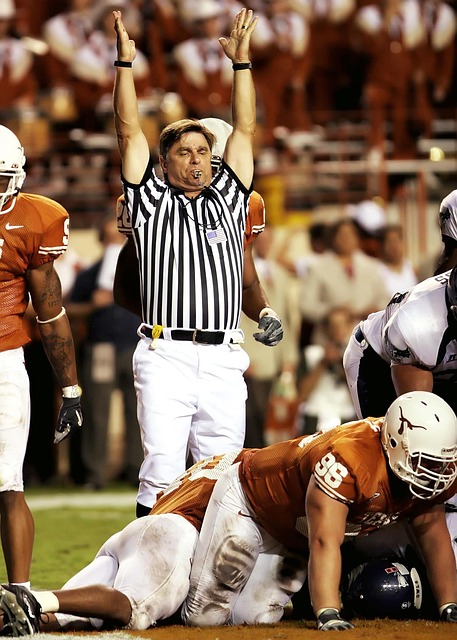Breaking Barriers: The Rise of Adaptive Sports and Its Impact on Society
Despite the many obstacles they face, athletes with physical disabilities have been making a name for themselves in the sports world. This surge in the participation of adaptive sports, a term used to describe sports modified for athletes with disabilities, is not only changing the face of sports but also society's perception of physical disabilities.

Challenging the Norms
In a world that often values physical prowess, people with disabilities have historically been marginalized in sports. However, the advent of adaptive sports has begun to challenge this perception. From wheelchair basketball to visually impaired soccer, these sports are proving that disability does not equate to inability. They highlight the athletes’ strength, resilience, and determination, effectively challenging the stereotype of disability as a limitation.
The Evolution of Adaptive Sports
Adaptive sports have evolved significantly over the years. They began as rehabilitation programs for war veterans and have since grown into a global movement, with events such as the Paralympic Games gaining worldwide recognition. This progress is not just about providing opportunities for athletes with disabilities—it’s also about challenging societal norms and promoting inclusivity.
The Power of Inclusivity in Sports
Inclusive sports not only empower athletes with disabilities but also have broader societal implications. They promote understanding and acceptance, helping to break down barriers and stereotypes. By showcasing the abilities of these athletes, adaptive sports can change perceptions and encourage a more inclusive society.
The Future of Adaptive Sports
The future of adaptive sports looks promising. With increasing recognition and support, more opportunities are being created for athletes with disabilities. However, there are still challenges to overcome, such as improving accessibility and representation. With continued advocacy and support, adaptive sports can help create a more inclusive and accepting society.
Conclusion
Adaptive sports are more than just a platform for athletes with disabilities—they are a powerful tool for social change. They challenge societal norms, promote inclusivity, and empower individuals. Through adaptive sports, we can move towards a society where disability is not seen as a limitation but as a unique aspect of human diversity.




